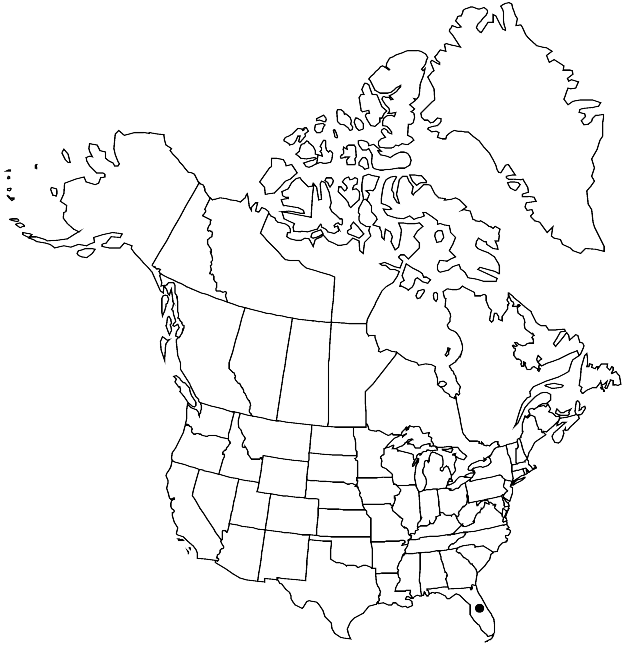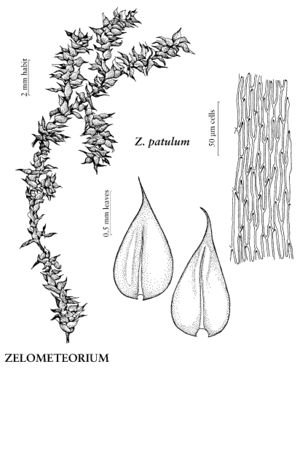Difference between revisions of "Zelometeorium patulum"
J. Hattori Bot. Lab. 43: 118. 1978.
FNA>Volume Importer |
FNA>Volume Importer |
||
| Line 11: | Line 11: | ||
|label=Selected by author to be illustrated | |label=Selected by author to be illustrated | ||
}} | }} | ||
| − | |basionyms={{Treatment/ID/ | + | |basionyms={{Treatment/ID/Basionym |
|name=Hypnum patulum | |name=Hypnum patulum | ||
|authority=Hedwig | |authority=Hedwig | ||
| + | |publication_title=Sp. Musc. Frond., | ||
| + | |publication_place=279, plate 73 [lower & at right], figs. 1 – 5. 1801 | ||
}} | }} | ||
|synonyms={{Treatment/ID/Synonym | |synonyms={{Treatment/ID/Synonym | ||
| Line 55: | Line 57: | ||
|publication year=1978 | |publication year=1978 | ||
|special status=Selected by author to be illustrated | |special status=Selected by author to be illustrated | ||
| − | |source xml=https://jpend@bitbucket.org/aafc-mbb/fna-data-curation.git/src/ | + | |source xml=https://jpend@bitbucket.org/aafc-mbb/fna-data-curation.git/src/f6b125a955440c0872999024f038d74684f65921/coarse_grained_fna_xml/V28/V28_731.xml |
|genus=Zelometeorium | |genus=Zelometeorium | ||
|species=Zelometeorium patulum | |species=Zelometeorium patulum | ||
Revision as of 19:47, 24 September 2019
Stems to 15 cm, branches to 15 mm, straight to flexuose. Stem leaves 1–1.6 × 0.8–1.2 mm (squarrose leaves in densely foliate stem parts) or 1.5–2 × 0.4–0.7 mm (erect leaves in moderately loosely foliate stem parts); laminal cells 45–70 × 4–6 µm; basal cells to 12 µm wide, walls thick, pitted. [Capsule exserted beyond perichaetial leaves].
Habitat: Shrubs in humid evergreen hammock forests
Elevation: low elevations (0 m)
Distribution

Fla., Mexico, West Indies, Central America, South America, Pacific Islands (Galapagos Islands).
Discussion
The smooth glossy plants of Zelometeorium patula, pendent in loose tangles, with their usually distinctly spreading-squarrose leaves, are easy to recognize. In the flora area, the species is known only from Collier and Miami-Dade counties. There has been only one collection (in 1993) made of this moss from Florida since 1940, and the species is perhaps in danger of extinction in the flora area due to destruction of habitat. In tropical areas, stems can be much longer, to 47 cm (M. G. Manuel 1977).
Selected References
None.
